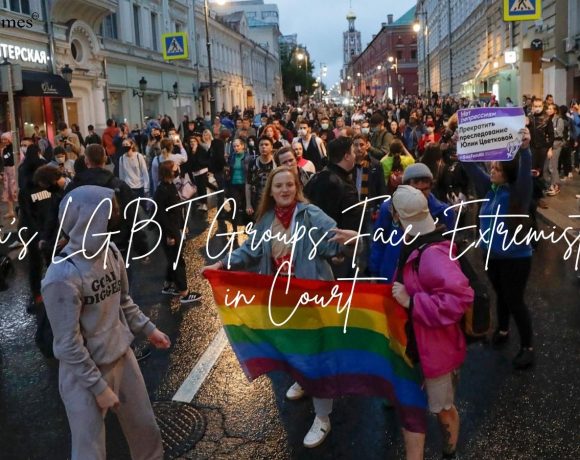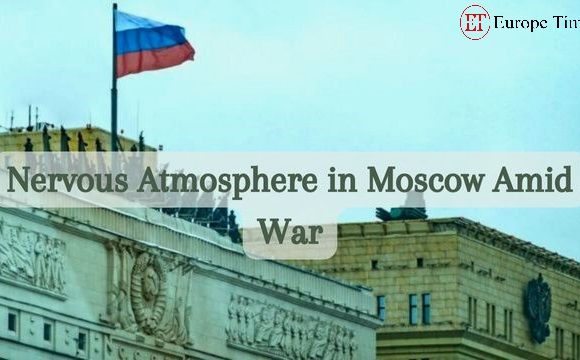
In Moscow, a traditional marriage ceremony showcasing customs from the far north of Russia is part of an exhibition promoting patriotism and “traditional values.” The weddings at the event adhere to the constitutional definition of marriage as a union between a man and a woman, emphasizing the absence of recognition for same-sex unions in Russia.
Over the years, Russia’s LGBTQ+ community has faced increasing pressure from authorities, marked by a law enacted in 2013 prohibiting the “propaganda of non-traditional sexual relations” among minors. These restrictions were expanded to all age groups in Russia last year, leading to the removal of references to LGBTQ+ individuals from various forms of media.
The Russian justice ministry has now sought to label the non-existent “International LGBT public movement” as an “extremist” organization, aiming for a ban. LGBTQ+ activists fear that if the supreme court supports this motion, individuals associated with LGBTQ+ activism could face lengthy prison sentences for allegedly participating in an extremist organization.
Members of the Russian parliament, particularly Vitaly Milonov, argue that the move is not an attack on sexual minorities but is instead aimed at countering the political agenda of an international LGBTQ+ movement. Milonov expresses a desire to ban activities from LGBTQ+ international organizations in Russia and even suggests banning the rainbow flag, considering it a symbol against traditional family values.
The Kremlin, under Vladimir Putin, has embraced an ideology centered on conservative thinking and “traditional family values,” portraying LGBTQ+ activism as a Western threat to Russia. The pressure on the LGBTQ+ community is framed as a defense of the moral fabric of the country.
Some activists believe that the supreme court hearing on labeling the “International LGBT public movement” as extremist is linked to the upcoming presidential election, suggesting that authorities are creating an artificial enemy to appeal to conservative sentiments. LGBTQ+ advocates view this as an attempt to distract the public from pressing issues.
Maxim Goldman, who identifies as non-binary, describes feeling rejected by their own country and reveals plans to leave Russia urgently due to the anticipated crackdown on LGBTQ+ activism. Others, like municipal deputy Sergei Troshin, express concerns about potential legal consequences for advocating LGBTQ+ rights, highlighting the pervasive atmosphere of fear in Russian society.
In summary, Russia’s LGBTQ+ community is facing increased hostility from authorities, with potential legal consequences for activists and a broader societal atmosphere of fear and repression.
Picture Courtesy: Google/images are subject to copyright

